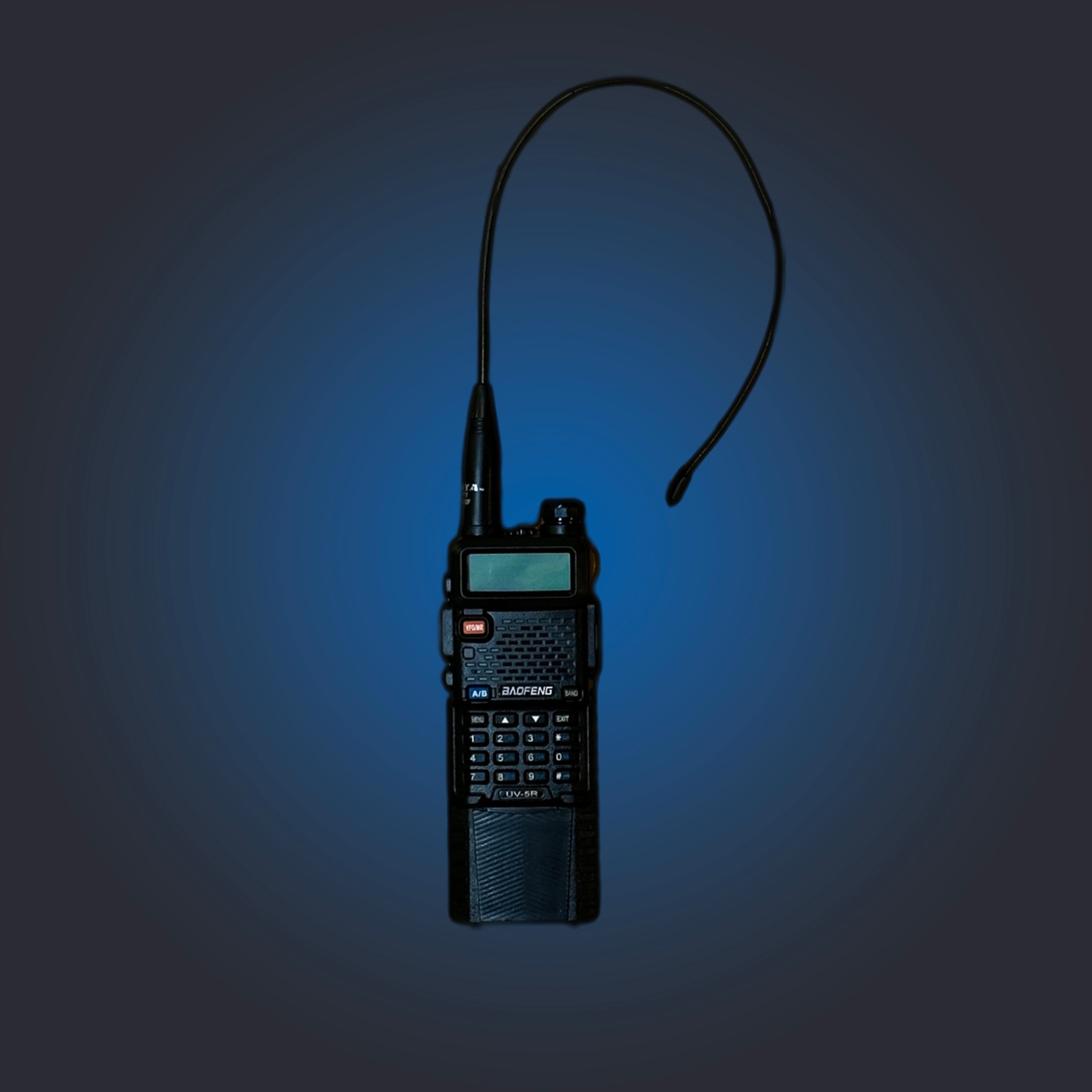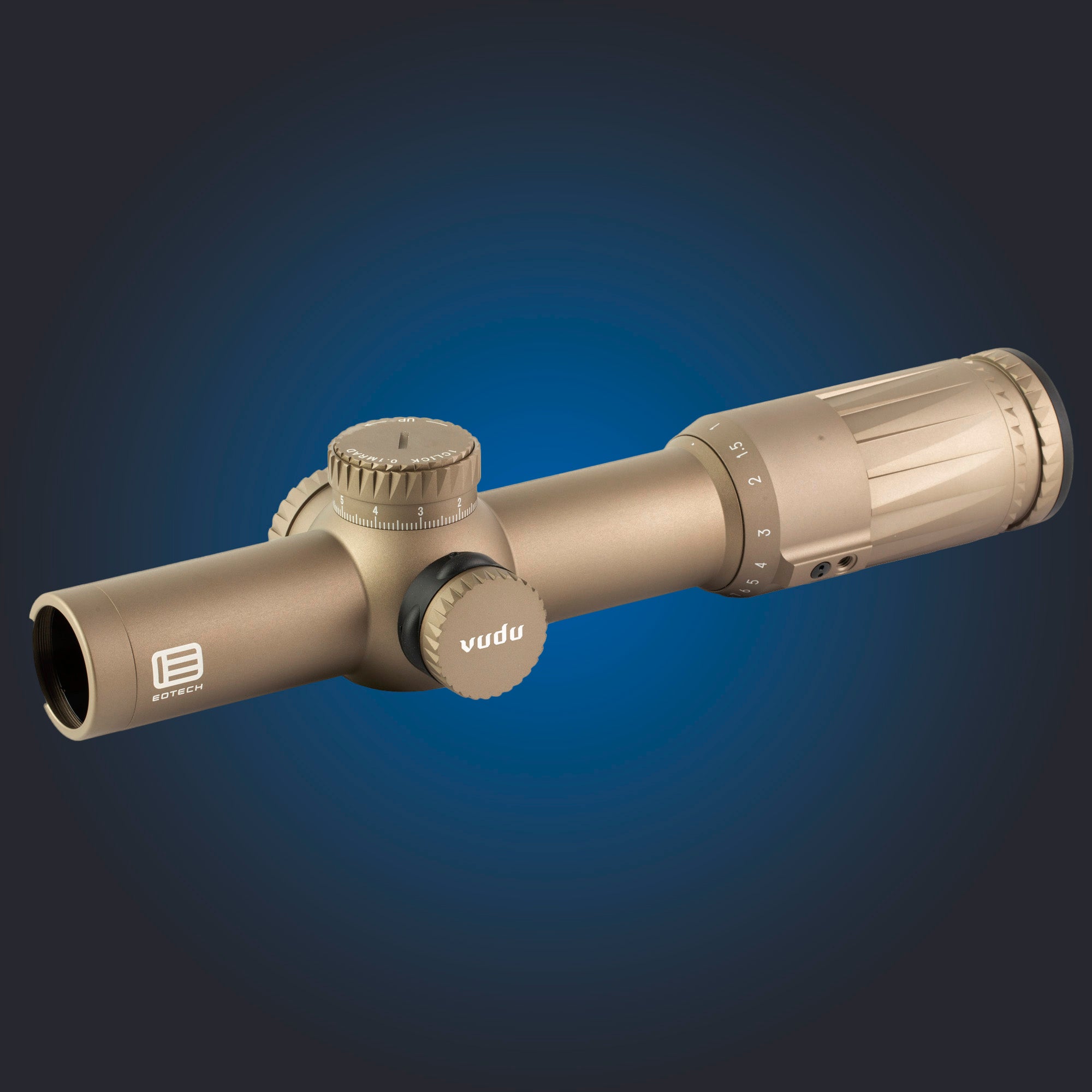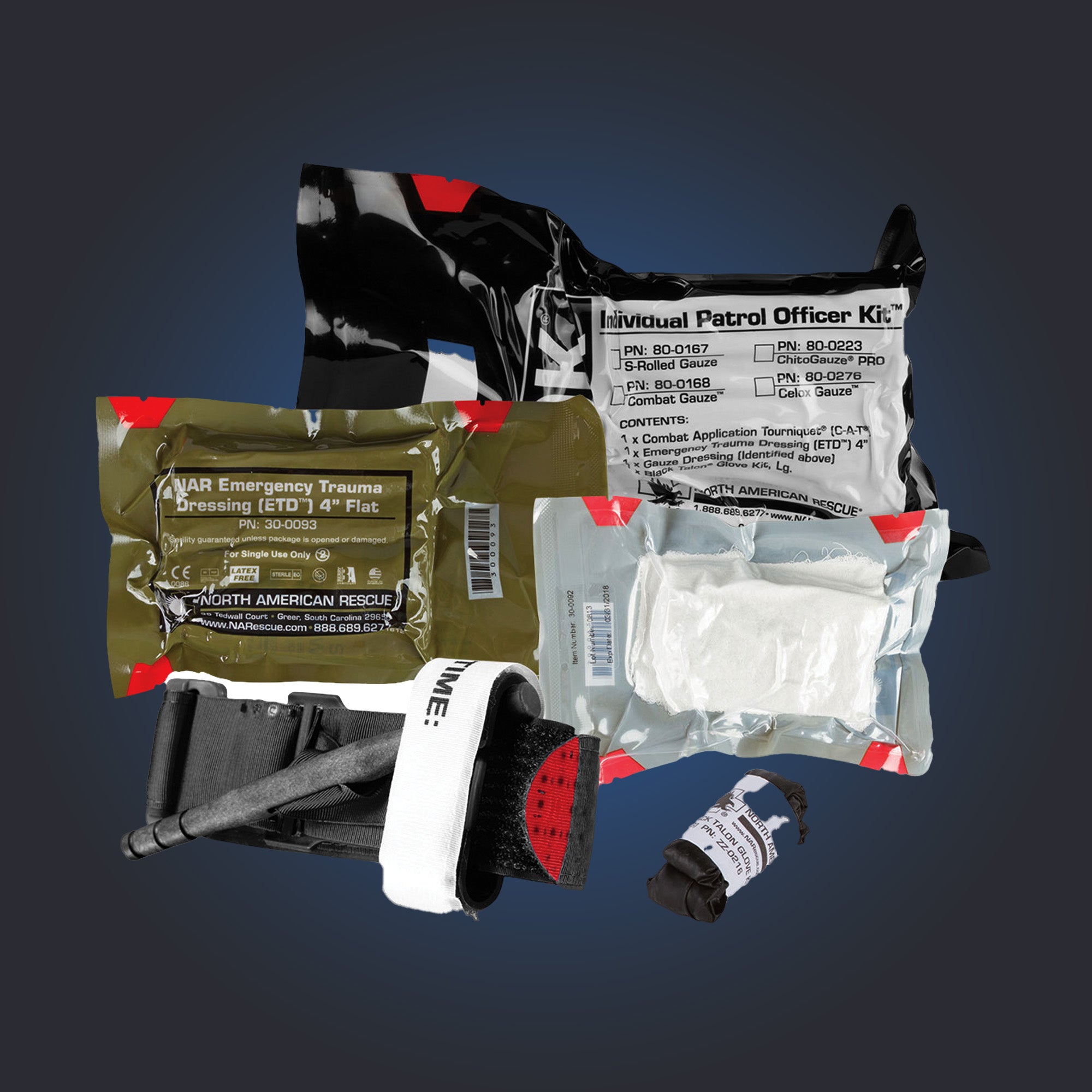If you like these posts and found them helpful, please, please, please, follow us on Facebook, Instagram and X! It really helps us when this content gets shared!
Over the last week, the conversation around comms and electronics in a tactical environment has, for lack of a better word, exploded. In case you were living under a rock, thousands of electronic devices held by alleged Hezbollah members exploded simultaneously, killing a dozen or so and wounding thousands more. We've all seen the reports of Samsung phones spontaneously combusting on airplanes and other lithium-ion batteries in our older devices bloating.
So... is that a bomb in your pocket, or are you just happy to see me?
I'm not going to comment on whether I agree with the strike or the greater conflict in the Middle East - other than to say that if war is a game - the game's objective is to kill your enemy. The meta underneath that game is to deprive the enemy of comfort and capability.
This strike was successful on all fronts, but especially in the meta. Imagine the chaos if this had happened at any other big organization - say the ACME Corp - where 1 out of 5 people were suddenly unable to show up for work. The results are going to be crippling from a logistics and psychological perspective, not even mentioning the tragic collateral damage.
I'm also going to say that while Israel hasn't officially taken credit for this attack, the Mossad does have a long history of making everyday objects react like they're in GoldenEye64 - and posts like this from their leaders are a pretty heavy wink that they are behind it.
Man With Phone: Netanyahu They’re Calling You James Bond
— Jewish Uncensored (@JewUncensored) July 31, 2024
Netanyahu: Nonsense, I’m Netanyahu, Benjamin Netanyahu pic.twitter.com/EAKqpJ7MTd
I am going to comment on what we know as of this writing about the attack, how it was pulled off, the reaction of the internet, and what it really means to you.
Alright, so with all that out of the way, let's get into it.
So what did happen? On Tuesday, roughly 3,000 pagers used by alleged Hezbollah members exploded. The injuries were usually non-life threatening, but most of the victims suffered significant injuries to their hands and fingers, thighs, and manly-bits - all depending on where the pagers were on the person's body at the time of the attack.
Never fear, though, because like any organization, Hezbollah had a PACE plan - and while the P stood for pagers, the A stood for rAdio. This was all well and good until the next day when...
Want some radios that won't explode on you? Check out our store. https://t.co/cvfEooarh0 pic.twitter.com/PPz47O3HTa
— Constellation Response (@ConResponse) September 18, 2024
..... The radios started exploding, too.
The first question on everyone's mind was: "How could Israel pull something like this off?" Followed by, "Could they do this to me?"
The broad strokes of the "how?" are that Israel manufactured the devices themselves and sold them to Hezbollah. They did this by creating a shell corporation that the pager manufacturer subcontracted to make pagers for them. Lots of companies do this. For instance, Apple uses FoxConn in China, and other fabrication companies in India produce the iPhone you're reading this on. This Shell Company made several legitimate pagers for civilians all over the world before winning the award to make the pagers for Hezbollah. These pagers got the extra feature to explode on command with the help of some high-explosives in the battery.
Check out this video around the 13:15 mark for more details:
For the radios - Israel counterfeited thousands of ICOM radios that ICOM had not manufactured themselves for about a decade. Since the batteries on VHF/UHF radios are physically much larger than what you typically get in a pager, these explosions were much more effective.
We still aren't sure exactly how the explosives themselves were detonated - it could have been via an RF signal (though the chances of this getting triggered prematurely would have been very high), via a timer (though that also has its drawbacks), or some other means.
Josh at HRCC has some good technical insights in his video below:
So what does this mean for the device that you touch every day and keep in your pants? Immediately, Tactical Twitter started blowing up with hot takes about how your phone is going to get you killed in the upcoming war just out your front door.
I've been telling you people: tech ain't your friend. I want to talk about this a bit, so read on. https://t.co/Adwekz9oDb
— 4nt1p4tt3rn 🏴☠ Appalachistan Wolf Lodge #47 (@4nt1p4tt3rn) September 17, 2024
🚨‼️ A visual representation of the smartphone's unmasking factor and the Face ID function.
— Lord Bebo (@MyLordBebo) September 19, 2024
-> If the war starts, don’t use your smartphone! Snipers gonna get you. pic.twitter.com/tw5l8HDHdG
The point is valid - if you're standing out in the open at night, emitting light (visible or otherwise), staring at your phone instead of looking up, you're gonna die. But it's not necessarily your phone that will get you killed in that situation - you're making a lot of mistakes already to make yourself an easy target.
We'll probably have to do a whole post about this, but if you're not doing everything you can to reduce shine, shape, signal, and sound, you're gonna die. The nature of war is to deny you comfort and capability. Scrolling Instagram and letting Meta scan your surroundings to sell you nearby crap is not what you should be doing.
So... is there a bomb in your pocket? Probably not. Because of the heavy reliance on high explosives to make this attack effective, unless you have a device that has several grams of PETN injected in it, you're only at risk of some nasty burns. The rate at which Li-Ion batteries combust is much slower than what we saw in Lebanon, so you are relatively "safe" there. There is a risk from the fire and the toxic gas generated from the battery, but the boom won't get ya - and that assumes there's even a way to cause a short in your phone remotely via software.
Is your phone still an attack vector? Yeah - and you knew that already. The little pocket spies we all rely on today are 100% a threat to you. But they aren't bombs. They might tell the people launching the bombs where your forehead is, but the cell phone in your hand isn't going to explode.
So what do you do? Well, don't be a luddite. Know what signals your devices are putting out and when (and when not) to mitigate those signals. Remember - the meta in the game of War is the denial of capabilities and comfort. You shouldn't let comfort seduce you to your death - but don't be a Luddite. Be able to use tech to your advantage and learn when to not rely on it. Anything else is cutting off your nose to spite your face.




